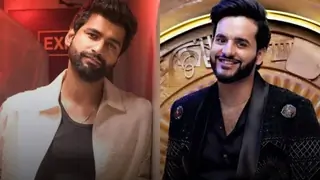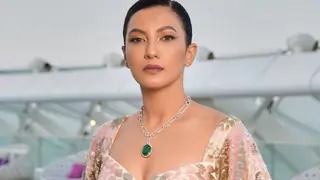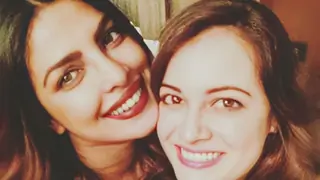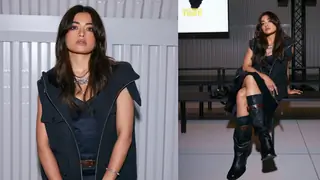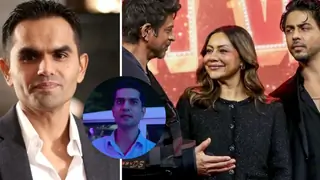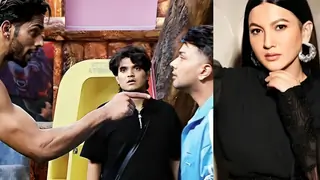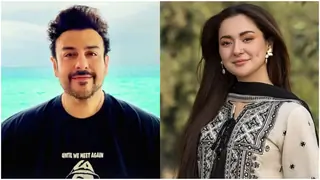| Suman Kalyanpur: A bitter legacy
Manjulaa Negi
New Delhi, January 28
|
| |
| |
| |
| |
| |
| |
| |
Sometime having a good voice as a singer can be a bane. And worse will be matters if yours' resembles one of the best in the industry. Not only will you be expected to play second fiddle by the trade and called upon to sing only if the other singer isn't there or has had a fallout with the music director or her co-singer, but you would also be short-changed in terms of getting to playback for songs meant for you. Or a music composer will not work with you simply because he 'prefers' other singers.
Suman Kalyanpur is one such living example. Born on January 28, 1938 in Dacca, Bangladesh, Kalanypur got her first break at the age of 18, in the film Mangu (1956) with the music director Mohammad Shafi. However, the film wasn't destined to kickstart her career yet, for midway through the film, Shafi was replaced with O P Nayyar, who though he didn't have problems with Suman preferred Asha Bhosle and Geeta Dutt for his kind of music. And though he did retain her for one song, he gave the rest away to them. She did lend her voice to Koi pukaare dheere se tujhe…
The song got her work in subsequent films like Darwaza (1957) and a chance to work with the legend Naushad. He allowed her many songs in the film including a duet with Talat Mehmood - Ek dil do hain talabgaar, but the film's music did not register with the audiences. Suman Kalyanpur nee Hemadi waited until her big break came through later the same year, with Miss Bombay (1957). It was the first of her memorable duets with Mohammad Rafi - Din ho ya raat, hum rahen tere saath, yeh hamari marzi, that made the listeners finally tune in.
Despite being short-changed because her voice resembled Lata Mangeskar's too closely, Suman did manage to pick up a lot of work from various composers, including renowned ones like Ghulam Mohammad, Pt. Shivram, SD Burman, Shankar-Jaikishen (who simply loved Lata but made the exception nonetheless), Roshan, Dattaram, Madan Mohan (again, whose love and 'affair' with Lata is rather well documented), Khayyam, Kalyanji-Anandji, C Ramachandra and Laxmikant-Pyarelal.
Films like Pyaase Panchhi (Tumhi mere meet ho - a duet with Hemant Kumar), Shama (Ek jurm karke and Dil gham se jal raha…), Barsaat Ki Raat (Garjat barsaat sawan aayo..), Zindagi aur Khwaab (Na jaane kahan tum the… ), Baat Ek Raat Ki (Na tum hame jaano, na hum tumhe jaane), Dil Ek Mandir (Juhi ki kali meri laadli and the title song Dil ek mandir hai…), Jehan Ara (Baad muddat ke yeh ghadi…), Shagun (Parbaton ke pedhon par and Bujha diya hai khud apne haathon…), Jab Jab Phool Khile (Na, na karte pyar tumhi se), Dil Ne Phir Yaad Kiya (the title song Dil ne phir yaad kiya…), Modern Girl (Yeh mausam rangeen sama…) and several others became huge sensations.
Edited by Qwest - 19 years ago












